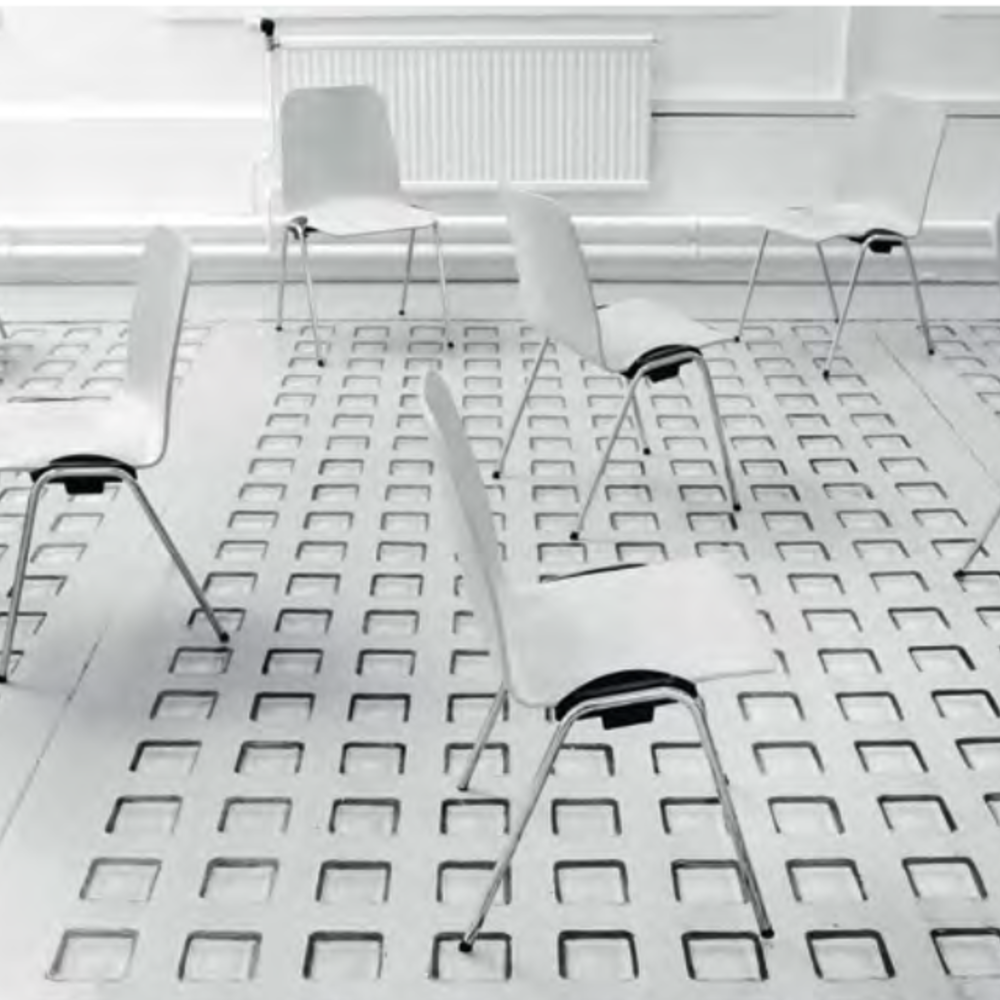Mozarteum-PLUS Joint PhD Programme

Overview
This inter-university PhD programme is offered jointly by the Mozarteum University Salzburg and the Paris-Lodron University Salzburg. The programme is aimed at students who have both an academic background and competencies in the field of artistic or cultural production: academic artists or artistic academics.
Department of Studies & Examinations
+43 676 88122 492
studienabteilung@moz.ac.at
Interuniversity Institution
Science & Art
Length of course
6 semesters / 180 ECTS credits
Language
German
Registration deadline
every semester during the general admission period
Downloads
General course information
The subject area of the doctoral programme is fundamentally located at the meeting point between scholarly research & artistic study and is intended to contribute to the integration of the knowledge bases of both fields. The interdisciplinary doctoral programme imparts and promotes theoretical understanding and methodological competencies at a postgraduate level between and with the various disciplines, but especially between theory and practice of the arts and cultural production.
The aim of the doctoral programme is to provide outstanding training for aspiring academics, who will build on their existing scholarly background to become independent researchers. Upon completion of the programme, graduates are familiar with the current state of research in their field, are able to critically analyse various positions at the meeting point between artistic practice and academic research, and are able to develop new research questions and address them in a methodologically sound manner.
The goal is also independent and collaborative research across different academic disciplines as well as art and cultural practices.
The inter-university, interdisciplinary doctoral programme imparts and promotes theoretical understanding and methodological competencies at a postgraduate level between different disciplines and with transdisciplinary models; in particular, it seeks networking opportunities between theory and practice of the arts and cultural production. The programme builds on students' existing skills in academic working practices to create scholars capable of conducting independent research. Graduates are able to critically analyse different positions at the intersection of academia and art.
They are able to:
- develop new perspectives, generate research questions and theses
- work in a methodologically sound manner and thus
- make independent contributions to scholarly and artistic research
Admission to a PhD programme requires the successful completion of a relevant diploma, master's programme or other equivalent programme at a recognised domestic or foreign post-secondary educational institution. All degrees in the studies offered at the Mozarteum are considered suitable prerequisites, although applications from graduates of other institutions are welcomed.
Degree and/or diploma certificates proving the candidate's elibibility for entry to a PhD programme (according to university law), must be submitted in electronic form to the Department of Studies & Examinations at the Mozarteum University:
studienabteilung@moz.ac.at
Admission to the degree programme is based on a qualitative selection procedure. Prospective students will submit:
- a letter of motivation
- a description of their academic career to date, as well as artistic or cultural experience and competences
- an exposé including
- Research questions or theses
- A technical description of the research project
- Information on the methodology
- Critical discussion of the state of research
Furthermore, applicants will:
- name a desired supervisory team (if possible)
- attend an interview
The documents and papers for the qualitative selection procedure must be submitted in electronic form to the chair of the Curriculum Committee or his/her deputy no later than the beginning of the general admission period.
The project outline ("disposition") comprises the conception of the planned doctoral thesis and offers an insight into the research project. It not only gives the dean the opportunity to examine the project in more detail, but also provides the supervisors with a basis on which the student can receive appropriate professional advice and guidance in the ongoing work.
A project outline should include the following aspects:
- Elaboration of the state of research and indication of research desiderata to be taken up in the planned thesis. These considerations should lead to the formulation and differentiation of (a) concrete research question(s), which forms the basis of any scholarly work; in this way it should become apparent that the thesis project will lead to an independent academic paper;
- General considerations on the theoretical foundation as well as on the methodological approach in order to examine the object of research and to be able to answer the research question;
- a research plan and timetable for the project;
- in addition to the cited literature, a first documentation of further relevant literature as well as an overview of the source material, if applicable;
- Preliminary structure of the planned paper
- The project outline should thus presents the concept of the research project and defines the framework of the thesis - no more, but also no less. If possible, it should be written in the first semester of the study programme and should consist of approximately 10 to 20 pages. Before finalising and submitting the project outline, the project must be presented publicly at least once to a review board. Feedback during the discussion should give the student constructive suggestions towards their concept. The presentation can take place, for example, in the context of a departmental colloquium or also in the context of a thesis seminar. It must be ensured that the presentation is public (e.g. after inviting the entire department and other colleagues in the field).
A review board will be formed to conduct a detailed examine the project ouline. This board will include at least three members with venia docendi, who are appointed by the chair of the Curriculum Committee or his/her deputy, and if possible, the proposed main and secondary supervisors. These three members exercise the right to vote. The following people fulfil an advisory function (without voting rights): a) other experts who attend the meetings of the review board at the invitation of the chair of the curriculum committee or his/her deputy, and b) members of the curriculum committee who, as members of the curriculum committee are entitled to attend meetings of the review board.
Primary and secondary supervisors must submit a statement on the project outline, which must be submitted to the review board together with the project outline. The preparation of the project outline is credited with 12 ECTS points.
Registration of the thesis
Following the official presentation of the project outline, and once it has been confirmed by the chair of the Curriculum Committee and approved by the Curriculum Committee, the thesis must be officially registered at the Mozarteum Department of Studies & Examinations. If all assessments of the project outline are positive, the Director of Studies (Mozarteum) and the Dean (University of Salzburg) will approve the PhD research project and formally appoint the supervisors. In case of any negative opinions on the part of the proposed supervisors, or in case of serious reservations being voiced by the review board in the course of the presentation, the PhD research project is to be rejected by the Director of Studies of the Mozarteum University Salzburg, in consultation with the responsible Dean of the Paris Lodron University Salzburg, and the project outline must be revised and resubmitted.
Changes to the PhD research project
The project outline defines the framework of the research project and thesis. Within this framework, certain adaptations and changes are possible and often necessary. A research project cannot be predetermined down to the last detail and must leave room to take into account insights gained in the course of the research. In this context, it may also seem sensible to modify the title of the thesis compared to the title given in the project outline. Such changes are permissible and need not be applied for or justified separately, as long as they remain within the framework set out in the project outline.
Submission of the thesis
Before the thesis is submitted, the final title must be communicated to the Department of Studies & Examination at the Mozarteum University. In consultation with the supervisors, the name of a suggested second assessor should also be submitted.
To check for plagiarism, the thesis must be uploaded in PDF format to the Mozarteum University repository. A German and English version of the abstract must also be entered.
5 bound copies of the thesis, together with the confirmation of upload to the repository, must be submitted to the Department of Studies & Examinations. The signed declaration of consent must be included at the end of each copy.
The degree programme is completed with the acceptance of a thesis and the completion of a viva voce before a panel of examiners.
Any questions?
You can find more information about starting your studies here:
